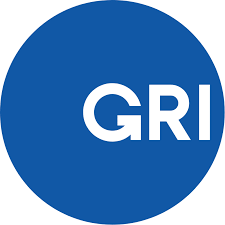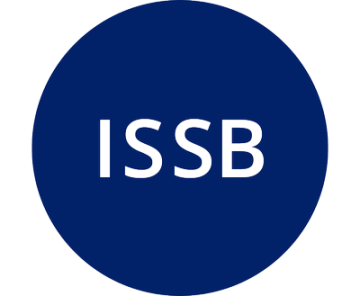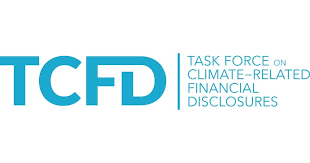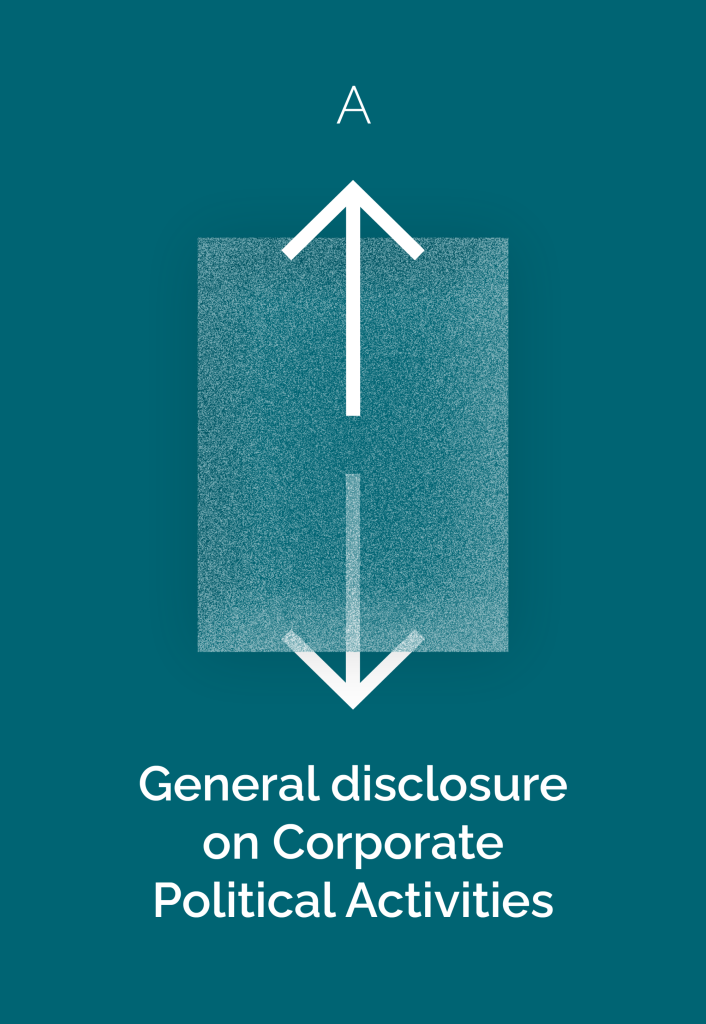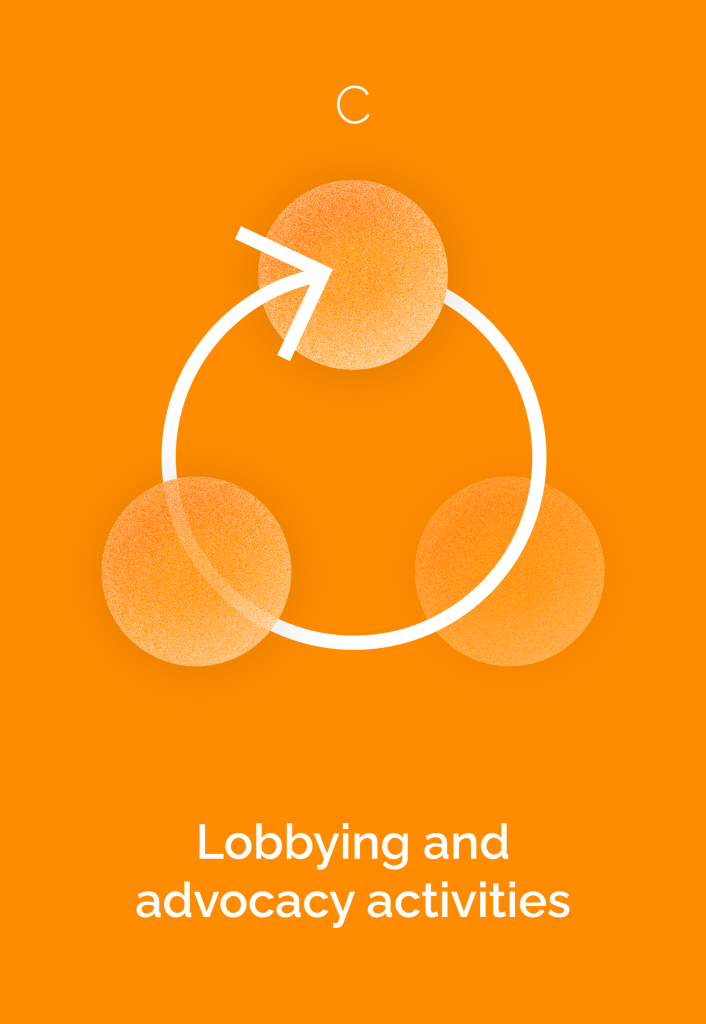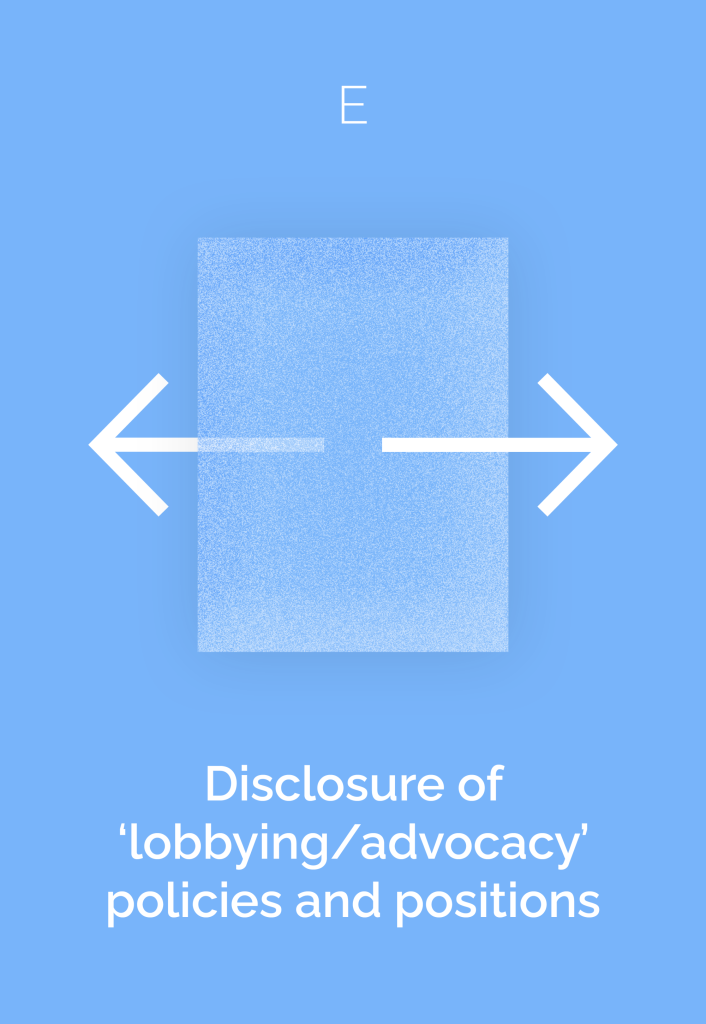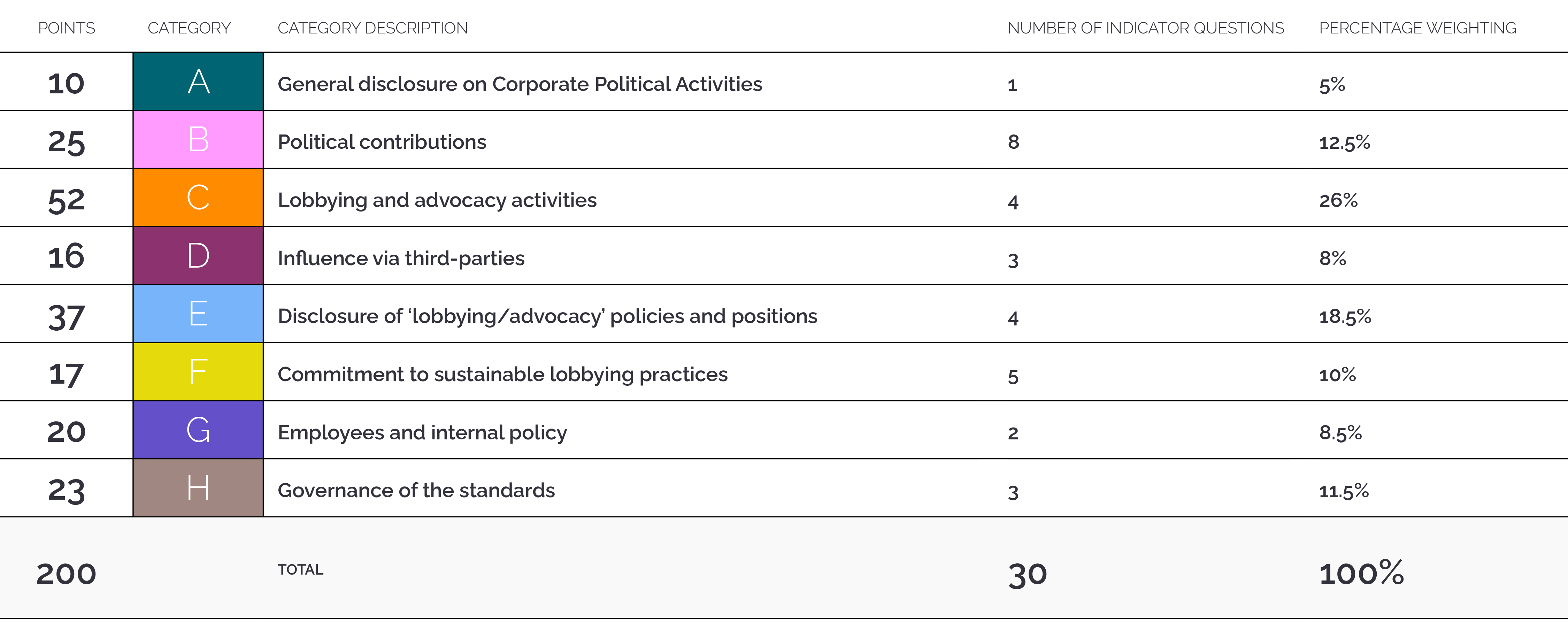1

A live navigator of standards on corporate political activity
The Good Lobby Tracker serves as a real-time navigator offering practical insight and help for all interested stakeholders in plotting the path towards corporate political responsibility and sustainability, including for:
- investors and other capital providers
- standard-setting bodies
- ESG providers
- individual companies
- trade associations
- civil society organisations and lobbying watchdogs.
The Tracker assesses all existing corporate political responsibility initiatives, from ESG data providers to sustainability frameworks, and underlying methodologies against an evolving set of essential and desirable expectations that reflects the latest thinking by scholars and practitioners on what a clear, comprehensive actionable assessment and reporting of a company’s political activities should look like and strive towards.
Background
There is growing momentum worldwide to ensure businesses are responsible for the ways they impact the planet, workers and the communities they rely upon. Yet there is one area of impact that is rarely discussed, the “political footprint”, which includes corporate lobbying, political spending and other forms of corporate influence aimed at shaping – and often undermining – regulations designed to benefit society.
Many stakeholders now acknowledge that how a company behaves politically is as important as its operational – be it greenhouse gas or employment practices – record. Demanding more transparency on corporate political activities and its internal governance is currently the most popular ESG ask in shareholder meetings (Morningstar, 2023). In response to this, a growing universe of corporate political accountability standards and initiatives is emerging. Most of these initiatives, from ESG rating and data providers (e.g. Sustainalytics, S&P, Moody’s, RepRisk, MSCI), sustainability reporting standards (e.g. GRI 415, CDP) to third-party standards on corporate political engagement (e.g. OECD/UN-PRI, WPA), encourage companies to share
information beyond legally mandated disclosures, such as those generally imposed by lobbying regulations. These new standards and initiatives also require more granular information on corporate political spending, corporate governance aspects of who has oversight of influence campaigns, as well as details on the specific issues being lobbied on. This appears particularly true for disclosure on corporate climate policy activity, where investors have led a push for greater scrutiny and transparency (e.g. CDP).
To maintain their licence to operate, companies are increasingly called upon to internalize not only their environmental and social impact, but also the ‘political footprint’ they leave behind through a range of corporate political activities.
Ultimately, no company can declare itself sustainable unless it fully internalizes not only its environmental and social footprint, but also its political impact. In short and in business speak: corporate political activities are eminently material for companies and their stakeholders, for society, for the planet.
About The Good Lobby Tracker
The Good Lobby Tracker is the first initiative aimed at comprehensively assessing the major corporate political responsibility initiatives, from sustainability frameworks to ESG ratings, to enhance their transparency, accountability and action-ability. It is designed to help business practitioners, investors, civil society advocates, regulators and other stakeholders select the best methods and standards when assessing the corporate political footprint of companies. It also provides the opportunity for other, more resource-constrained groups in civil society, to lobby in the public interest on all manner of issues.
After screening all existing initiatives in an attempt at identifying best practices, the Tracker rates each initiative against an idealized corporate political responsibility standard. The latter consists of a checklist, inspired by the scope/strengths/methods of each of the frameworks reviewed, and enriched by additional criteria developed by The Good Lobby that further contribute to raise the standards for corporate political engagement and improve the quality of the policy process. The Tracker aspires to list all the qualities a regulation on corporate political transparency and accountability should have.
ESG RATINGS & DATA PROVIDERS
| Bloomberg ESG & Climate Indices | 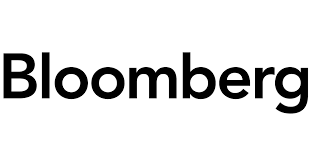 |
| EcoVadis |  |
| Fitch Solutions ESG Ratings Methodology | 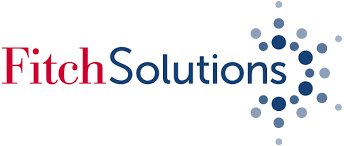 |
| FTSE4Good | 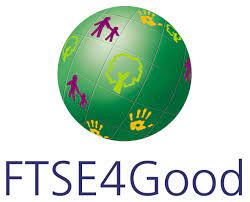 |
| ISS Quality Score |  |
| Moody’s | 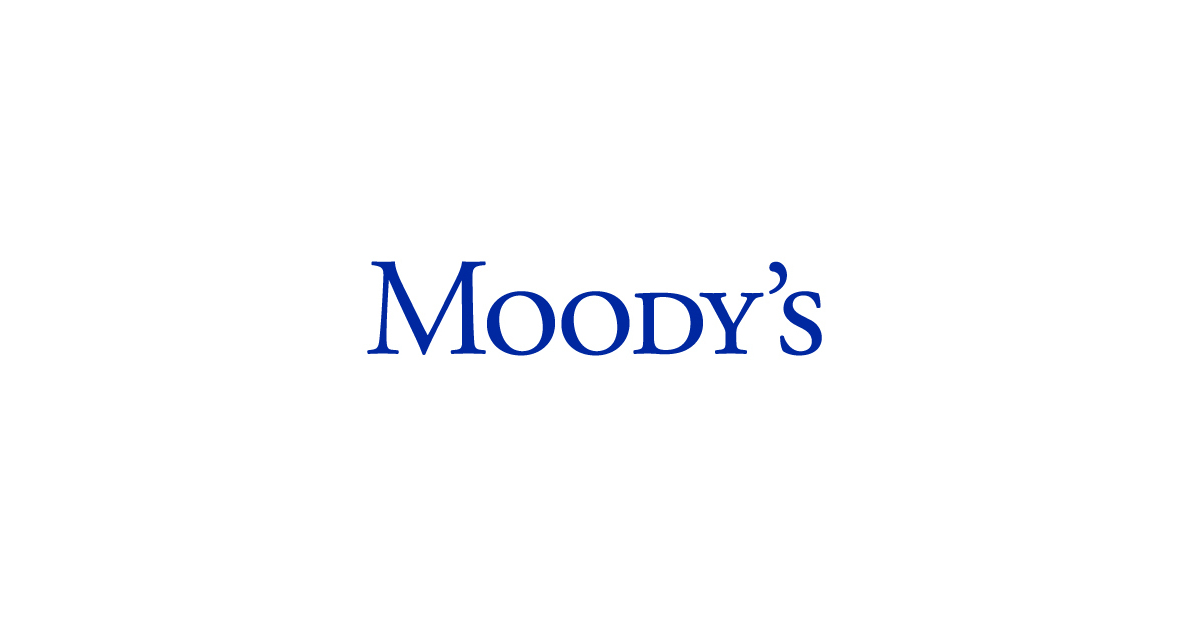 |
| MSCI ESG Ratings |  |
| Refinitiv ESG Scores | 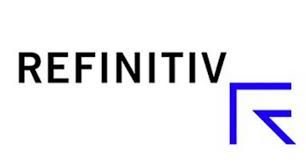 |
| RepRisk ESG Issues Definition | 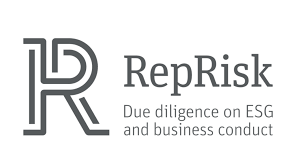 |
| S&P Global Corporate Sustainability Assessment | 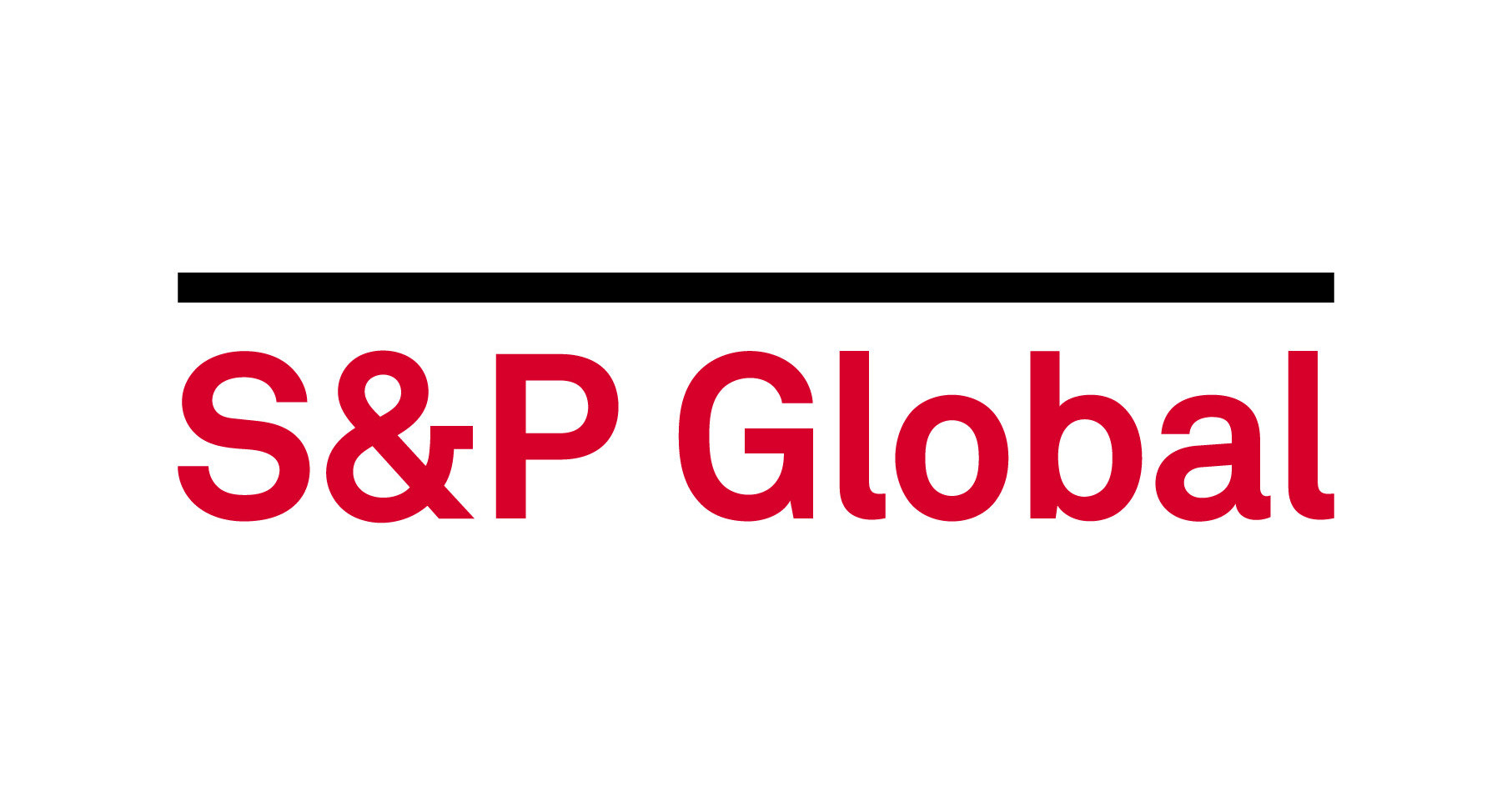 |
| Sustainalytics ESG Risk Rating Indicators | 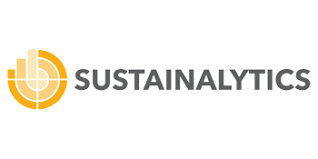 |
Other Initiatives
| AccountAbility Lobbying Health Check |  |
| B-Lab Impact Assessment Methodology | 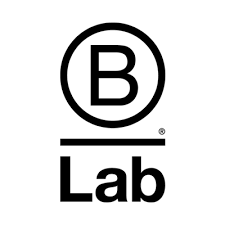 |
| CDP Climate Change Scoring Methodology | 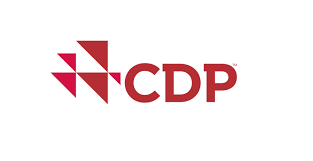 |
| Erb Principles for Corporate Responsibility | 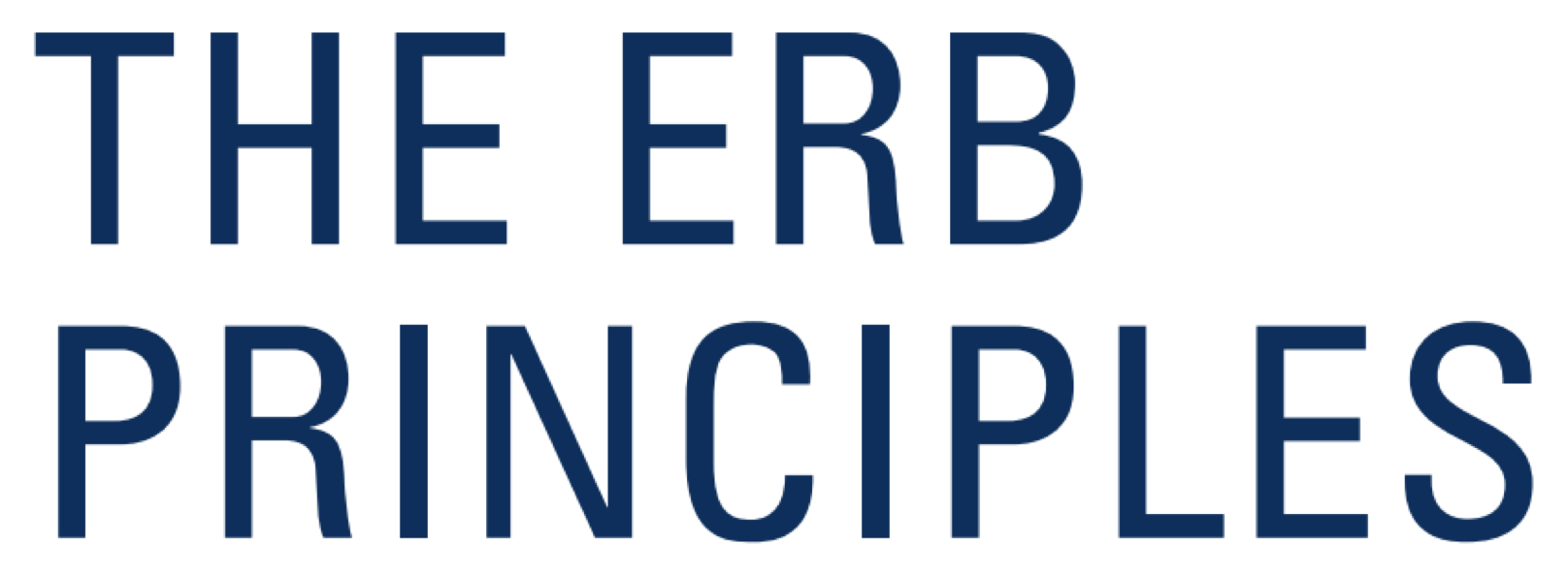 |
| ICGN Guidance on Political Lobbying and Donations | 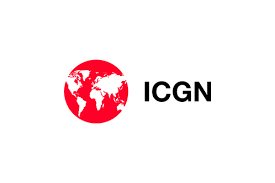 |
| OECD Principles for Transparency and Integrity in Lobbying | 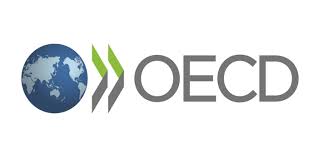 |
| Positive Compass | 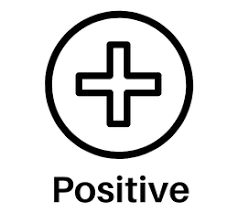 |
| Responsible Lobbying Framework | 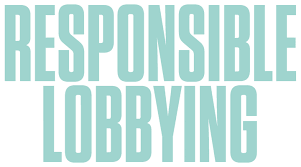 |
| UN-PRI Investor Expectations on Corporate Climate Lobbying | 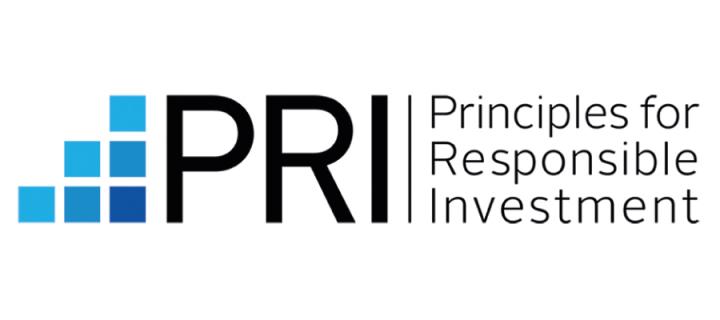 |
| WEF Measuring Stakeholder Capitalism |  |
| WBA Social Transformation Framework |  |
2
Methodology
The Good Lobby Tracker has screened the methodologies used by each standard or initiative in an attempt to collate emerging best practices in the corporate accountability space. The resulting check-list has been enriched by additional criteria developed by The Good Lobby that further contribute to raise the standards for corporate political engagement and improve the quality of the policy process. However, the analysis of existing corporate political responsibility initiatives, in particular those led by ESG ratings and data providers, is rendered difficult by the fragmented and proprietary nature of the methodologies used. To address this, The Good Lobby research team approached each provider and requested access
to their methodologies for public research purposes, in order to be able to assess and score them. In a second iteration, The Good Lobby has offered each provider the possibility to assess the score received and complement missing information. Other initiatives with public frameworks and methodologies have been contacted on an ad hoc basis. This has led to some adjustments before publication.
Criteria are clustered across 8 categories, each with their own relative weight. Initiatives may receive a maximum score of 200 points. Details of the questions and scoring categories can be accessed in the Tracker Methodology document below.
Tracker assessment criteria
The 8 colour-coded assessment categories cover disclosure requirements alongside additional, conduct-related information. The Tracker is updated periodically to reflect changes in methodology and approach.
If the Tracker is set to rank the various relevant corporate political initiatives against previously identified best practices (‘rating the raters’), its underlying data will also lead to the preparation and publication of a scoreboard for each and every of these initiatives.
F. Commitment to sustainable lobbying practices
The questions here cover how a standard addresses proactive efforts by companies to embrace sustainable lobbying practices as inferred from adherence to self-imposed codes of conduct and positive impact goals – such as requiring a commitment to support democratic process, respect for planetary boundaries, and efforts to equalise access to power.
G. Reporting on employees and internal policy
The questions in this category focus on disclosure of any employee-related policies, ranging from the disclosure of past professional experience in the public sector (‘revolving door’ appointments) to dedicated internal lobbying standards training activities for employees.
It also unveils a number of structural trends in the nature, role and impact the existing standards and initiatives on corporate political activities have been playing over time. Across the 8 categories covered in the scoring matrix, the following trends are identified:

General disclosure of corporate political activities remains ancillary to other ESG disclosures.
The majority of sustainability ratings agencies largely ignore one of the most important data dimensions when assessing corporate sustainability, the role of corporate political activities in shaping regulation and public policy. Given their limited scope, little methodological sophistication and low granularity, none of the examined standards and initiatives appears capable of contributing to their declared aim of enhancing the transparency and accountability of corporate political activities. This is true for a variety of reasons, ranging from largely proprietary assessment methodologies to their varying approaches to assessing and investigating corporate conduct. In addition, corporate political activities continue to be considered as ancillary issues, rather than as key variables in determining corporate impact on environmental, social and governance themes.
Second, corporate political activities are not defined consistently across ESG ratings that are applied to publicly listed companies, with only a few initiatives striving to capture subtler forms of influence such as indirect lobbying, be it by trade associations or other third party actors including think tanks, philanthropies or academic stakeholders. Given the scale of corporate political activities across markets, one may reasonably expect the adoption of shared definitions on corporate political activities to enable the production of more comparable, transparent information. This will be required for all stakeholders to be able to properly assess risks and opportunities linked to different forms of corporate lobbying and political influence. More consistent definitions would enable standard setters, and the users of these standards and associated data, to communicate clear expectations to companies and other stakeholders.

Outside of regulatory reporting requirements, the full scale of political contributions are seldom disclosed. When companies do not engage in political finance this is not acknowledged.
Standards for corporate political contributions are not systematically assessing direct or indirect financial and in-kind contributions to political parties and elected representatives. A number of the aspirational voluntary standards do address the need for more consistent disclosure of this information, with a focus on minimising revolving door activity.
In addition, none of the existing initiatives enable companies to declare a corporate policy that prohibits any form of political donation, potentially encouraging the continuation of problematic corporate contributions as a norm in many countries.

Disclosure of corporate lobbying and advocacy activities is inconsistent and fragmented.
When it comes to the standards applied to corporate lobbying and other advocacy activities, there is great variation in how the Tracker assesses these activities. Standards and initiatives covered by the Tracker often fail to assess the impact of company membership in trade associations, think tanks and other powerful influence channels.
Yet, given the impact of lobbying by third party groups on core business issues, ranging from tax treatment to listing regulations, one might expect more consistent assessment of these indirect influence channels. As the influence of think tanks, trade associations and in-kind sponsorship of academic research ramps up, more consistent and granular scrutiny within this area is essential.

Influence via third-parties is largely unaddressed despite its major negative influence due to misalignment with corporate sustainability commitments.
Business associations are a primary vehicle for corporate lobbying. They feature among the top lobbying spenders or in so called corporatist political systems such as Germany they are by far the main conduit for business influence in the first place. As standards improve coverage of third-party lobbying and influence, it is key for firms to explain coherently how third party partners and their positions are aligned with the member firm’s stated lobbying principles and practices.
Yet only a few of the initiatives in the Tracker strive to capture the full scope of third-party influence to consider membership and use of charities, foundations, PACs, and other arm’s-length political fundraising organisations. Moreover, at present none of the assessed standards consider escalation mechanisms for companies to re-evaluate and terminate relationships with third party lobbying partners that may engage in misconduct.

Publication of company ‘lobbying/advocacy’ policy and positions remain the exception not the norm.
Standards assessed in the Tracker do not currently have a consistent approach to assessing corporate policies on lobbying and advocacy conduct. Beyond assessing company policies and procedures linked to political activities and influence strategy, there is a need to consider how companies
assess their impact on public policy outcomes. This includes the assessment of financial and in-kind political contributions on policy outcomes that impact on company operations and financial health.

Commitments to sustainable lobbying practices are emerging as a new frontier of corporate disclosure but remain undefined.
Of the 24 standards assessed in the Tracker, only one addresses proactive efforts by companies to embrace sustainable lobbying practices as inferred from adherence to self-imposed codes of conduct and positive impact goals – such as requiring a commitment to support democratic process, respect for planetary boundaries, and efforts to equalize access to power. More of the standards should
consistently consider negative lobbying alongside companies’ actions to support more resilient democratic processes, and take other voluntary actions that support economic resilience within planetary boundaries. More of the standards could address the role of positive lobbying and company action to create or participate in coalitions that have the specific purpose of lobbying in support of public interest goals.

Employee conduct and internal policy appear as emerging best practices but still amount to a tick-box exercise.
Beyond third party influence, standards need to improve the assessment of employee participation in corporate political activities. This would mean standards should consider revolving door indicators at different levels of a business, and clear communication on which corporate employees run the political influence and lobbying strategy and associated
spending controls, and how these matters are considered at the board-level. Related to more transparent and effective assessment of employee participation in political influence and lobbying activities, the standards should also consider internal reporting on lobbying activities, and if there are consistent policies on this.

Governance of the standards and initiatives is suboptimal due to limited access to the underlying methodologies.
Despite acting as the arbiters of corporate political transparency, none of the relevant initiatives shares appears as transparent and as accountable in their own internal governance. The proprietary nature of their underlying methodology render them particularly difficult to assess, giving rise to concerns over potential gaps in methodological rigour and the independence of the ratings and assessments provided. Moreover, while all initiatives have mechanisms in
place for receiving feedback on gaps in their methodology, the process for updating the standards is not always clear or consistent. Virtually all initiatives rely on self-reported data and none of the standards currently scans for adverse incidents – lobbying scandals – in a systematic manner in their assessment of corporate conduct. A number of the standards assessed are principles based, meaning that there is no tracking of conduct or detailed reporting expectations.
Sustainability standards miss the full extent of corporate lobbying and political activity.
More consistent standards would support alignment of capital allocation with more sustainable enterprise. This appears especially true for reporting on corporate political activities. Addressing corporate political activities is also essential to ensure that democratic systems remain resilient, transparent and effective. Regulatory and voluntary standards for assessing corporate political activities based on principles of
legitimacy, independence, transparency, public accountability, independent oversight and thorough due process are essential to obtain buy-in and trust from all stakeholders. The Good Lobby Tracker seeks to enable progress towards this goal by identifying gaps and areas for improvement in existing approaches.
5
FAQ
The Good Lobby Tracker is the first project to map, evaluate and rank the major corporate political responsibility initiatives, from ESG ratings and data providers to sustainability frameworks. The Tracker assesses the underlying methodologies used in each of these standards against a model set of expectations that reflect the latest thinking by companies, investors and academic researchers
on what consistent, comprehensive, and actionable reporting of a company’s political activities should include. The purpose of the project is to enhance the consistency, comparability and decision usefulness of corporate disclosure on all forms of lobbying, and to improve the conduct of all companies on this important issue.
No, it is not. The Tracker does not assess the conduct of individual companies. Rather than assessing company-level political activities and lobbying conduct, the Tracker looks at
26 existing standards used to assess and report on corporate political activities and assesses these existing standards.
The standards assessed in the Tracker cover a global universe of companies, in both private and public markets. A number of the standards assessed provide high-level principles applicable to all companies, while the ESG ratings methodologies are generally used for listed or unlisted firms of a certain size.
The Tracker is designed to have a cross-cutting focus by focusing on all types of company conduct related to influence. It does not focus on one specific sector or theme such as other successful initiatives including the climate lobbying focused work at InfluenceMap.
The Good Lobby Tracker serves as a real-time navigator designed to provide practical insight and support for all interested stakeholders in plotting the path towards greater corporate political responsibility and sustainability. Intended users of the Tracker include:
- investors and other capital providers
- standard-setting bodies (e.g. EFRAG, ISSB, etc)
- ESG data providers and rating agencies
- individual companies
- trade associations
- civil society organisations and lobbying watchdogs
- policymakers
The Tracker is produced on an annual basis. Individual standard scores are reviewed quarterly in response to standards updates.
Beyond reviewing the results of the Tracker, companies can look at the individual standards and the respective methodologies to consider how their own practices can be improved.
Guidance provided across the standards extends from high-level principles to granular reporting guidance, depending on the needs of the user.
The goal of the Tracker is to help inform the process for enhancing expectations from companies, investors, civil society, and policymakers for higher standards in the disclosure of corporate political activities and lobbying.
Greater consistency and transparency in disclosure should support improvements in corporate conduct, and the ability to regulate with higher standards.
Yes, the methodology is accessible on the project page. We welcome feedback on the methodology.
The Good Lobby Tracker project is generously funded by the Porticus Foundation.
The Tracker results will be used to engage with standards providers on addressing areas for improvement, and will also be a tool for users of the standard outputs (investors, lenders, and governments) to understand what best practice should look like in the assessment of corporate political activities and other lobbying and influence efforts.
Civil society and NGOs can also use the Tracker to inform their dialogue with companies and standard setters on enhanced disclosures on corporate political activities. Finally, it is expected that the Tracker could support policymakers to overcome inertia and other blockers in updating lobbying regulations to reflect current practices across industries.
6
Advisory Board
The Tracker has been designed by Professor Alberto Alemanno with the support of Hamish Stewart as a project lead and Dieter Zinnbauer serving as a senior consultant. The Good Lobby Tracker is grateful to have an Advisory Board providing input into areas for improvement and linking our analysis to regional and thematic issues related to corporate political engagement.
Carlota de Paula Coelho, Policy Lead, B-Lab Europe
Jeremy Moon, Chair of Sustainability Governance, Copenhagen Business School
John Keenan, Corporate Governance Analyst, AFSCME
Jorge Valladares, Political Integrity Lead, Transparency International
Rachel Crossley, Head of Stewardship Europe, BNP Paribas
Richard Roberts, Inquiry Lead, Volans
Robin Hodess, Strategy Lead, B-Team
Tom Lorber, Head of Private Finance, CIFF
Yukihiko Hamada, Programme Manager, IDEA
Comments on the Tracker?
Do you think we missed something?
Please get in touch here:
[email protected]

